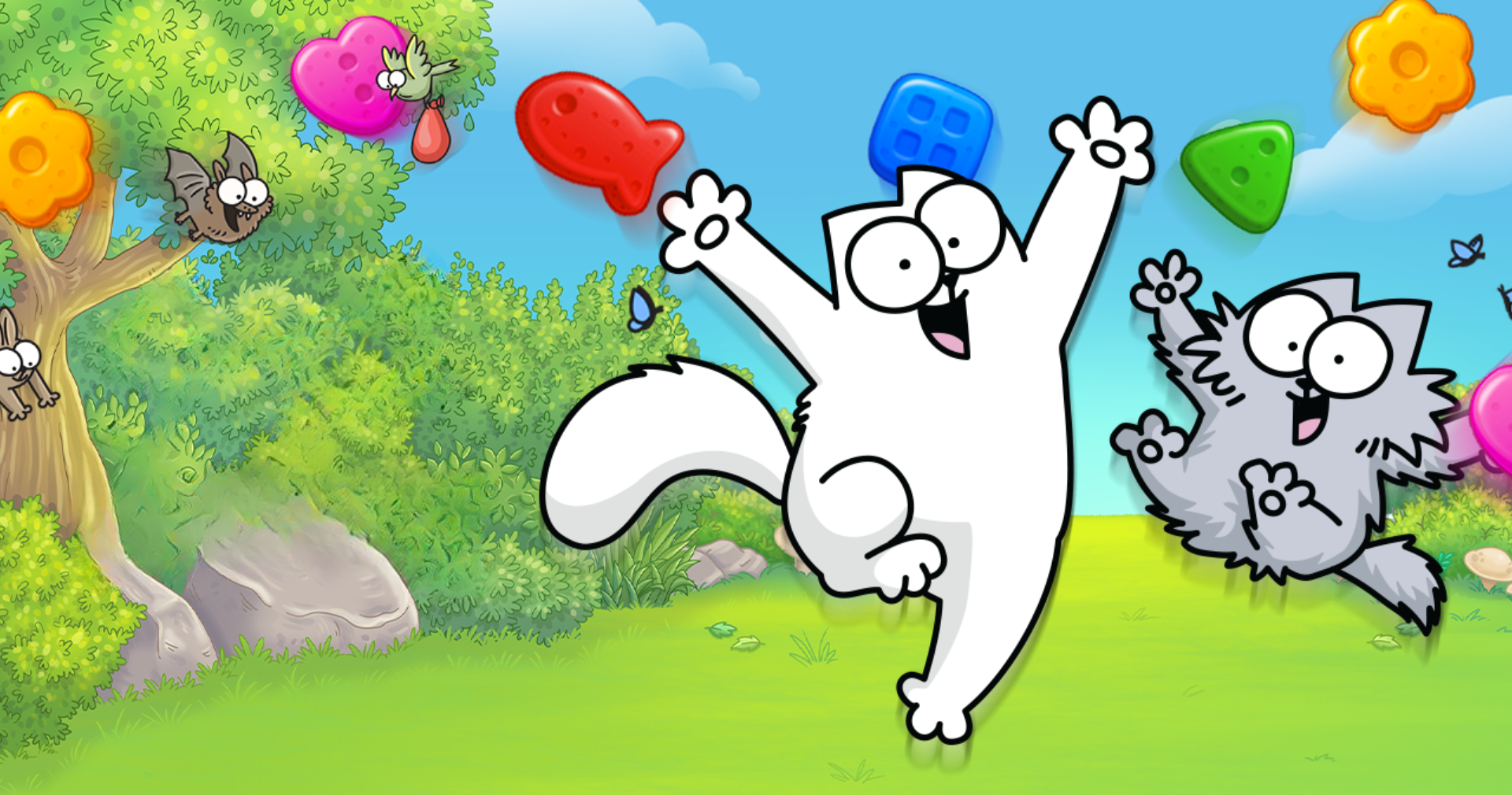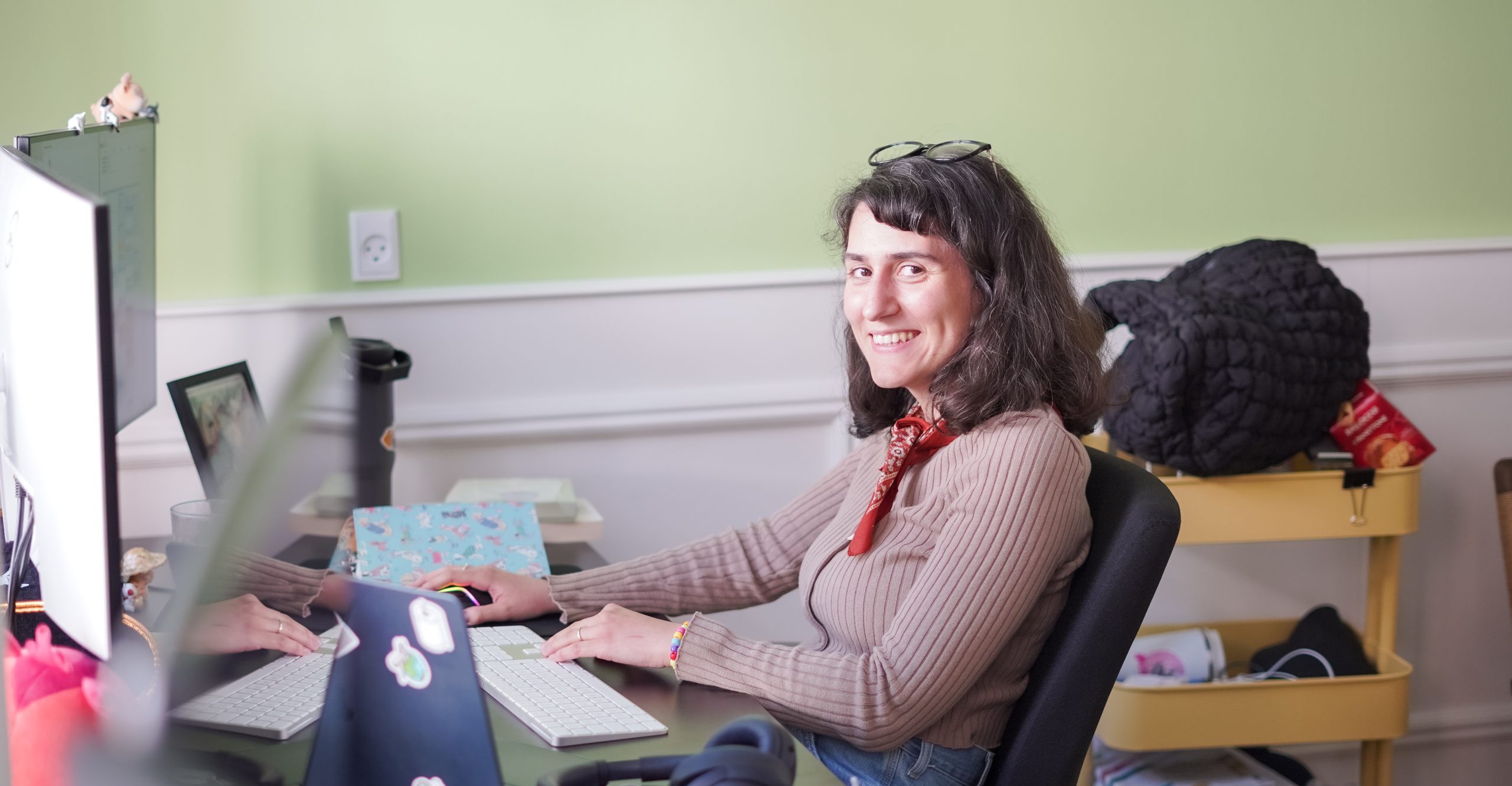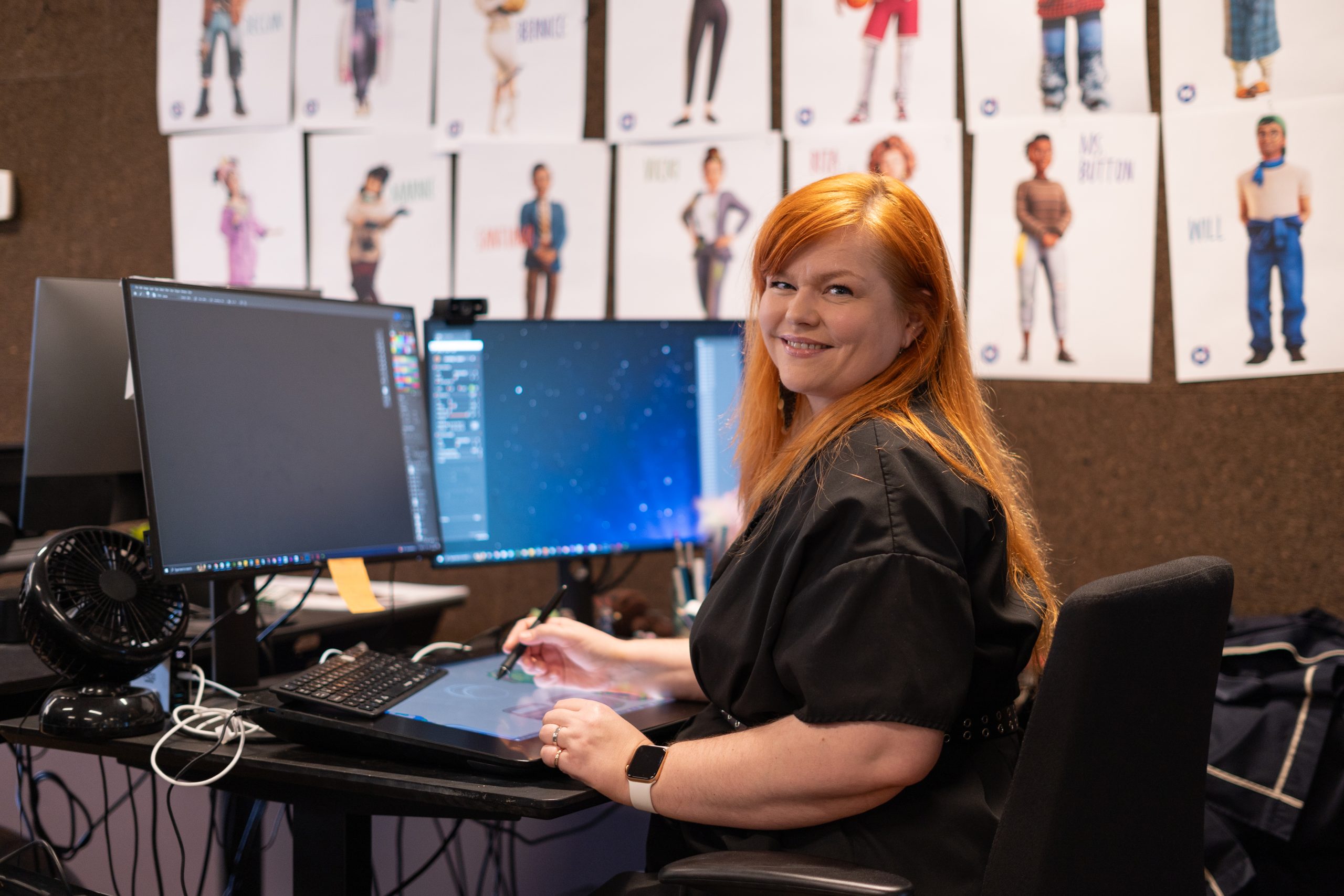How to start your career in Level Design – An interview with Vilma & Ecem
We all know how frustrating it can be to kick off your career as a junior, trying to enter the gaming industry. This is why we wanted to share some industry insights, and are happy to introduce two of our fantastic Level Designers, Vilma Lahtonen and Ecem Kıvılcım. They told us about the steps they took to successfully get into level design. Beyond that, we discussed the challenges they overcame (face your fears!), tips on how to increase your relevance as a candidate applying for level design jobs (make use of the endless amount of online knowledge!), and crucial skills to do great work (hubris kills team collaboration!).

Hi Vilma and Ecem, can you tell us a little bit about yourselves?
Vilma: Hey, I’m Vilma, I’m originally from Finland and have been in the industry for close to eight years now. I’ve been working in level design most of my career, but have also been doing game design on the side. I started off in the PC and console side of the industry and jumped to the mobile side halfway through. Currently, I’m working on Lily’s Garden, working on all things level design here at Tactile.
Ecem: My name is Ecem and I am from Turkey. I’ve been working as a Level Designer for four years now, solely in the mobile match-3 game industry. I moved to Copenhagen recently to work as a Level Designer on Lily’s Garden too.
How did you become interested in level design and what steps did you take to pursue a career in the field?
Ecem: I’ve always been passionate about games, especially casual mastery, so I wanted to pursue level design as a career. I followed game design blogs and news about the mobile games industry, joined online game communities, such as Game Dev Network and Unity Discord, and then went to work at a studio to gain hands-on experience.
Vilma: Well, my start is pretty similar, I’ve been playing games my whole life. At some point during my teenage years, I became interested in learning about how games actually work in the background, and later decided to apply for an internship at an indie studio in Finland. I then found out that I actually have quite a knack for design, and that’s how my career kicked off.
What skills and qualities do you believe are essential to succeed as a Level Designer?
Vilma: First and foremost, it’s really essential for a designer to be willing to constantly improve. It’s one of the key assets, I think, to be successful in the industry. This goes hand in hand with a willingness to perfect your design whenever necessary because not every design you come up with gets implemented. You need to be willing to rethink your ways, and always stay humble! After all, it’s a big team effort, so collaboration skills and everything tied to that are, I believe, most essential. It certainly also helps if you’re a creative person.
Ecem: Yeah, actually I agree with everything you said, Vilma. Creativity is key, together with problem-solving skills and an openness to feedback. Understanding player psychology is not easy and you need to be open to criticism from other designers. An eye for detail to ensure balanced, engaging gameplay is also crucial.
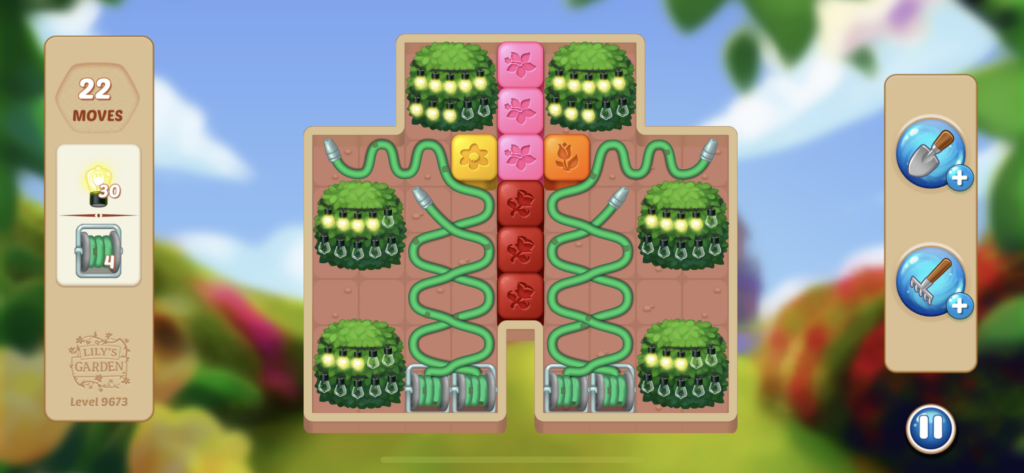
How do you stay updated with the latest trends and advancements in Level Design?
Ecem: I closely follow all newly released match-3 games and new features added to them, participate in online communities from time to time, follow industry blogs, such as Mobilegamer.biz and PocketGamer, and generally play a variety of games, not only on mobile.
Vilma: Yeah, that would be my answer as well. I also play through different competitors and read through news articles related to the industry and keep an eye on new PC and console titles.
Can you share some challenges you’ve faced in your career as a Level Designer and how you overcame them?
Vilma: I’ve always been quite shy, and I still am. In the beginning of my career public speaking was something I really didn’t do. I just couldn’t, because I used to get panic attacks. It was really bad! Fortunately, this is something both the industry and the role have helped me to overcome. Today, I’m actually really excited to share ideas, speak out about things and designs and keep departments on board with what our team is doing. I’ve become a lot more confident and skilled in my craft by being able to speak openly and to receive feedback from other departments. It definitely helps the project as well when you’re comfortable enough to speak up. This relates also to the fact that, at the beginning of my career, I was super nervous about making mistakes, which I’m not anymore. In retrospect, I actually wish I was more open about mistakes to improve much faster.
Ecem: Yeah, that’s a really good answer. I totally agree with the fear of public speaking because I was struggling with that too. My path started a little differently, because before joining the gaming industry, I was working in the academic field, working mostly on my own. Only after my first job as a Level Designer in a game company, I learned how important it is to be a part of a team and to be open to feedback. I really appreciate that because it makes work so much more fun!
What is the most rewarding aspect of being a Level Designer?
Vilma: I used to think it’s getting your product out to players which is – don’t get me wrong – very rewarding. But it is now much more important to me to have the opportunity to bounce ideas around with people in my team, and to work as a team to achieve something new, fresh and awesome. That, I think, is the most rewarding aspect.
Ecem: I agree that team collaboration is very rewarding. When I go home after work, I feel satisfied because I shared ideas with my colleagues and took a lot of inspiration from them. Other than that, imagining the emotional reactions and sense of accomplishment players experience while playing makes me very happy too.
Vilma: Yeah, I can second that. It’s pretty cool and I don’t think about it anymore, but looking back to when I started in the mobile industry, I was blown away by the number of players who actually play the levels I contributed to.
Ecem: Yeah, I sometimes see people in the metro playing my levels and I feel like, oh, I made this!
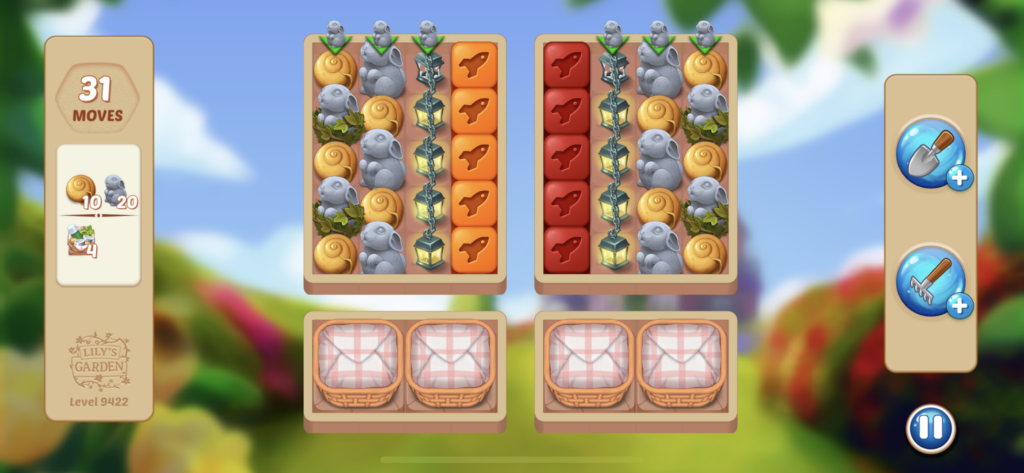
What advice do you have for aspiring Level Designers who are just starting their career journeys?
Vilma: So this is going to be cheesy, but believing in yourself is key! Not to the extent where your self-confidence becomes arrogance, because as I mentioned in the beginning: it’s important to stay humble. Another important aspect is that you don’t necessarily need a formal education. You’ll find a lot of knowledge on learning platforms. You can definitely learn Unity or Unreal Engine on your own. Just start from scratch, create your own simple levels so you get to play around with editor tools and features, and if you realize that you like it, working as a designer can be a very rewarding career path for you.
Ecem: Yeah exactly, just try and start creating levels and always seek feedback from peers. Play-test extensively and learn from both successful and unsuccessful designs. Also, following trends in the industry is key, because this industry is changing rapidly. After a while, you’ll have enough small projects to showcase in a portfolio, which is an effective way to illustrate your skills.
Vilma: True! Especially if you’re looking for an entry or junior position, a portfolio helps a lot. It doesn’t need to be perfect because what you’re primarily showing is that you’re enthusiastic and motivated.
Thank you so much for your time and sharing such interesting insights, Ecem and Vilma! ✨🎉


